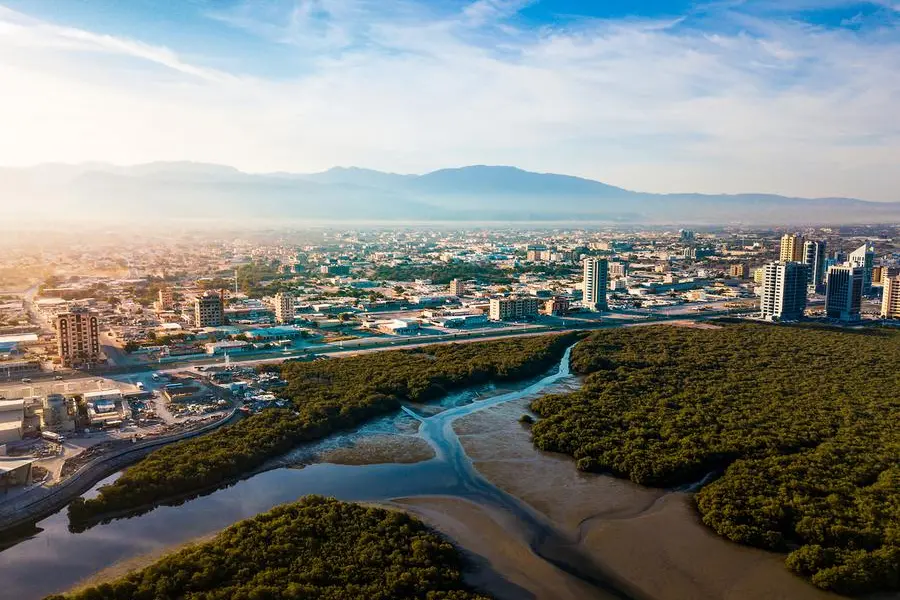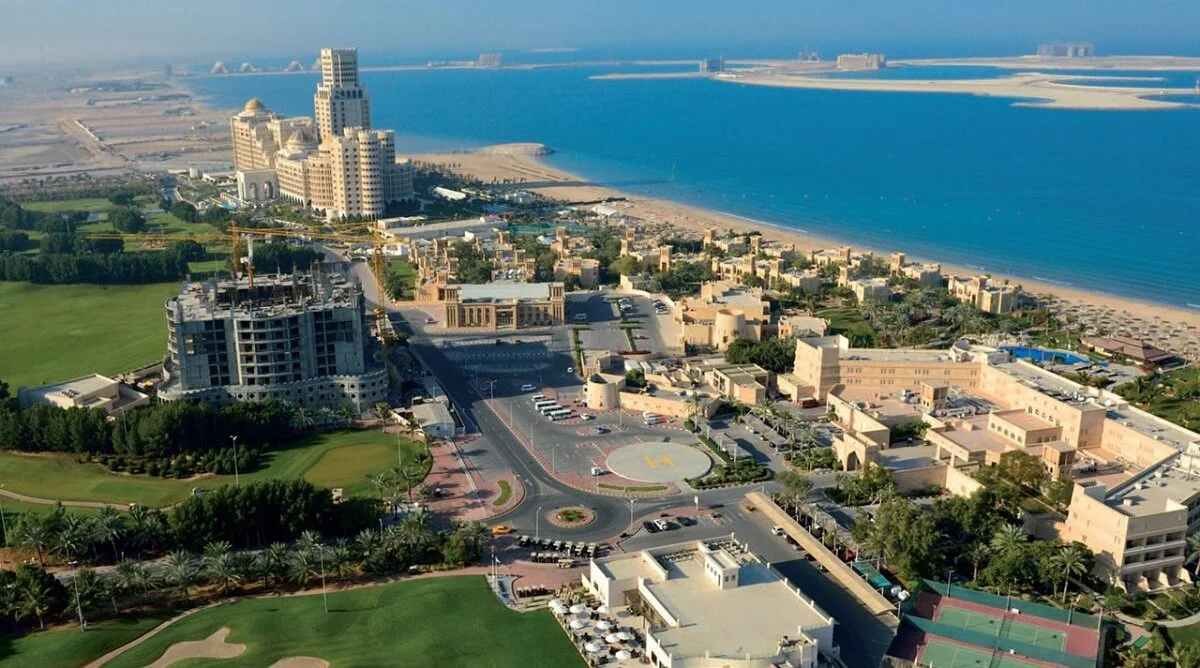A Rising Star in Responsible Travel
Ras Al Khaimah, one of the seven emirates of the UAE, is becoming a global leader in Greener tourism. While the region is known for its stunning beaches, majestic mountains, and rich heritage, it’s now gaining attention for something even more important—its strong commitment to the environment.
Through its Responsible RAK strategy, Ras Al Khaimah is taking real steps to protect nature, support the local community, and ensure tourism remains a positive force for years to come. The goal is simple: welcome visitors from around the world while preserving the natural beauty that makes the emirate so special.
What Is the Responsible RAK Strategy?
The Responsible RAK strategy is the foundation of Ras Al Khaimah’s sustainable tourism plan. Launched by the Ras Al Khaimah Tourism Development Authority (RAKTDA), this approach combines environmental care, cultural protection, and economic growth in one powerful mission.

The strategy focuses on four key areas:
- Environmental Conservation: Protecting wildlife, landscapes, and ecosystems.
- Cultural Preservation: Honoring local traditions, history, and heritage.
- Community Inclusion: Empowering local residents to take part in tourism.
- Economic Sustainability: Encouraging responsible investment and long-term growth.
Every tourism project and activity in the emirate is now evaluated based on how it fits into these goals. Whether it’s a hotel, a hiking trail, or a cultural event, the focus is on doing things the right way.
Green Hotels and Eco-Friendly Attractions

Ras Al Khaimah is not just talking about sustainability—it’s doing it. Many hotels in the region have adopted eco-friendly practices such as reducing plastic, using solar power, and recycling water. One standout example is the Earth Hotels Altitude, an eco-lodge built entirely from sustainable materials. It offers luxury stays without harming the environment.
There are also green adventure options like the Jais Flight, the world’s longest zipline, which is built in harmony with the rugged mountain landscape. Tourists can also enjoy eco-conscious hikes in Wadi Showka, go bird-watching at Al Rams Lagoon, or take peaceful kayaking trips through natural mangrove forests.
These experiences allow visitors to connect with nature while helping to protect it.
Preserving Culture and Heritage
Sustainability is not only about the environment—it’s also about keeping cultural traditions alive. Ras Al Khaimah has many historical sites, such as Dhayah Fort, Jazirat Al Hamra, and Shimal, which offer a glimpse into the region’s past. These landmarks are now part of heritage tourism programs that ensure they are maintained and celebrated.
The emirate also hosts cultural events and workshops where visitors can learn about Emirati customs, crafts, and cuisine. From pottery-making to traditional pearl diving stories, travelers are encouraged to experience the real Ras Al Khaimah in a respectful and enriching way.
Involving the Local Community
One of the most powerful parts of the Responsible RAK strategy is community involvement. Ras Al Khaimah believes that local people should benefit directly from tourism—and they are. The government is working with small businesses, artists, and farmers to create job opportunities and share local products with visitors.
For example, farm-to-table experiences let tourists enjoy meals made with ingredients grown by local farmers. Artisans are also invited to sell handmade goods at tourism hubs, allowing them to showcase their work and gain income.
This not only supports the local economy but also creates a sense of pride and ownership among residents.
Working Toward Carbon Neutrality
In line with the UAE’s national goals, Ras Al Khaimah is committed to reducing its carbon footprint. The tourism authority has set clear targets to become more energy-efficient and reduce greenhouse gas emissions across the tourism sector.
This includes:
- Encouraging electric transport options for tourists
- Supporting businesses that meet green building standards
- Hosting low-impact events and festivals
By tracking the carbon emissions of tourism-related activities, RAKTDA ensures that tourism is contributing to climate action, not climate harm.
Awards and Global Recognition

Ras Al Khaimah’s efforts haven’t gone unnoticed. The emirate has received global praise for its dedication to sustainable tourism. It has been recognized by the Global Sustainable Tourism Council (GSTC) and was the first destination in the Middle East to receive the Silver Certification under the EarthCheck Sustainable Destinations program.
These certifications are more than just awards—they’re proof that Ras Al Khaimah is meeting international standards and leading by example.
Future Plans and Vision
Ras Al Khaimah is just getting started. The tourism authority plans to continue expanding eco-friendly tourism options, build more sustainable hotels, and strengthen partnerships with global environmental groups.
One of the most exciting future projects is the “Destination of the Future” plan, which focuses on turning the entire emirate into a model of green tourism. This includes smart infrastructure, low-carbon transport, and ongoing education for both visitors and locals about how to travel responsibly.
The emirate also aims to welcome over 3 million visitors by 2030—but without compromising the environment or cultural identity.
A Message to Travelers
Ras Al Khaimah is inviting travelers to be part of something bigger. Whether you’re coming to relax on its pristine beaches, explore the ancient ruins, or soar over the mountains on a zipline, you’ll be contributing to a more sustainable future.
By choosing Ras Al Khaimah, tourists are not only enjoying a beautiful destination—they are supporting a movement that puts nature, culture, and people first.
Also read: UAE’s Big Move in AI: Partnering With U.S. Tech Giants













